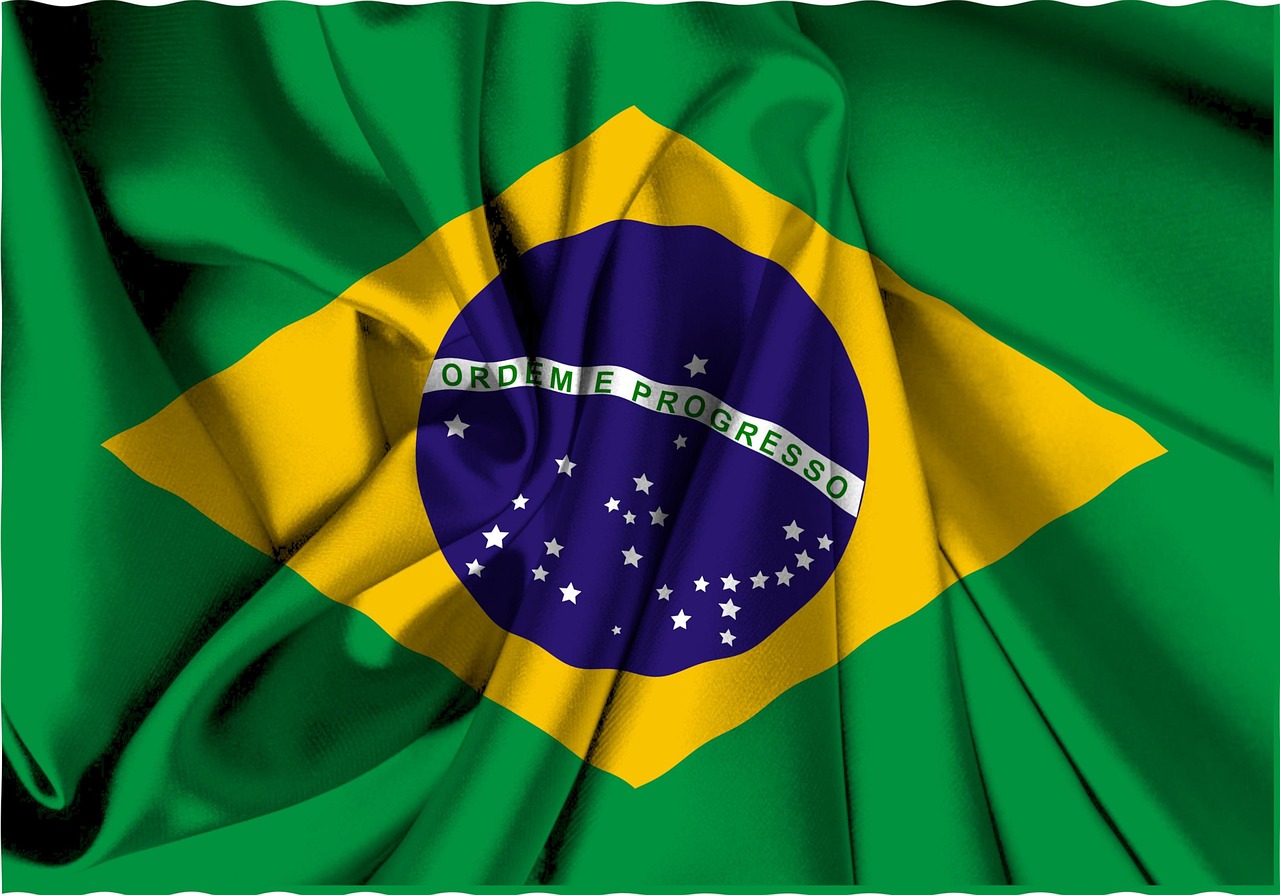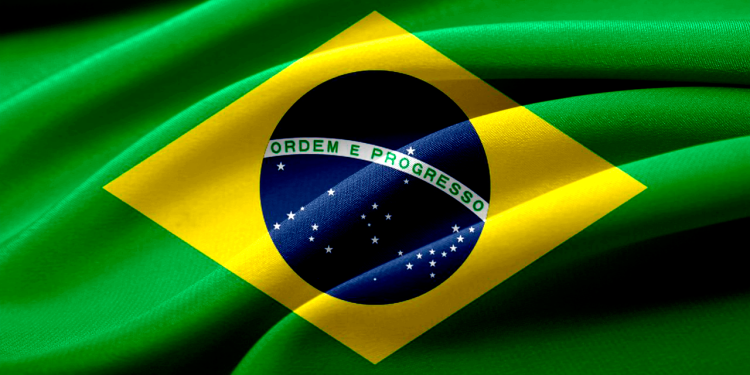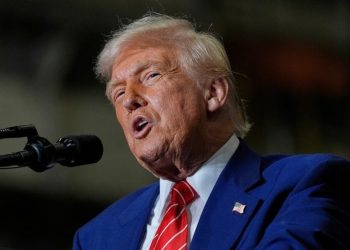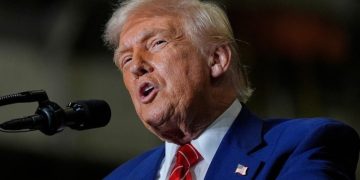Brazilian President Luiz Inácio Lula da Silva has pledged to impose matching tariffs on U.S. imports following Donald Trump’s threat to raise duties on Brazilian goods to 50% starting August 1.
This sharp escalation stems from Trump’s objections to Brazil’s ongoing trial of former President Jair Bolsonaro, whom he called “a highly respected leader” in a letter criticizing what he termed a “witch hunt.”
The proposed tariff spike – from the current 10% to 50% – threatens to disrupt a vital trade relationship where the U.S. actually maintains a $7.4 billion surplus with Brazil according to 2024 data.
Major Brazilian exports like petroleum, iron ore, and coffee face severe impacts, while U.S. aircraft and machinery manufacturers could suffer from reciprocal measures.
Lula firmly rejected Trump’s claim of a U.S. trade deficit, stating Brazil “will not accept any tutelage” as a sovereign nation with independent institutions.

Bolsonaro Trial Becomes International Flashpoint
Trump’s unprecedented linkage of trade policy to Bolsonaro’s criminal case – involving alleged coup attempts after the 2022 election loss – adds a volatile political dimension. The U.S. president compared Bolsonaro’s prosecution to his own legal battles, while simultaneously attacking Brazil’s social media regulations targeting “hateful content” on platforms including Trump Media’s Truth Social.
Brazil joins Japan, South Korea and Sri Lanka among 22 nations receiving Trump’s tariff warning letters, though it stands alone in having political issues cited as justification. Analysts suggest Lula could gain domestic support by confronting Trump, mirroring the “Trump effect” that boosted leaders in Mexico, Canada and Australia after similar clashes. Political risk consultant Creomar de Souza notes success depends on Brazil crafting a “united response” to this economic and diplomatic challenge.
Why It Matters
As America’s 15th largest trading partner, Brazil accounted for $78.2 billion in bilateral trade last year. The threatened tariffs would most impact US exports to Brazil; about $42.8 billion (mineral fuels, aircraft, machinery) and Brazilian exports to the US; $35.4 billion (crude oil, iron/steel, coffee)
Experts have warned the measures could disrupt supply chains in both nations’ industrial and agricultural sectors.
Commodity markets showed early jitters following the threats, with Brazilian real futures dipping 0.8%. Already, there are fears that the confrontation may accelerate Brazil’s trade diversification efforts, particularly with China (already its top partner) and EU nations. However, with Trump framing the dispute around Bolsonaro’s legal troubles rather than pure trade metrics, traditional negotiation pathways appear complicated.

















